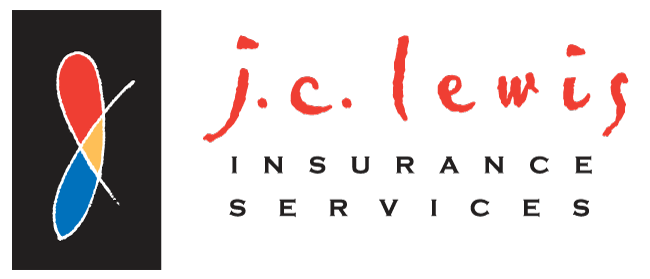Selecting the right insurance broker for your business is an important decision, one that can significantly impact your company’s finances, employee satisfaction, and long-term success. A good broker does more than just present policy options; they act as a trusted advisor, helping you navigate complex insurance markets and find plans that fit your needs and budget.
But with so many brokers available, how do you know which one is right for you? Here are key factors to consider when choosing an insurance broker for your business.
1. Understand Their Experience and Expertise
Insurance needs vary widely depending on your company size, industry, and workforce. A broker with experience in your market is invaluable. They’ll understand common risks, regulatory requirements, and the types of coverage that will be most beneficial for your business.
Look for brokers with a proven track record working with businesses similar to yours. If you’re a small business owner, for example, you’ll want someone familiar with group health insurance for smaller teams. According to the National Association of Health Underwriters, brokers with niche expertise can often secure better rates and more tailored coverage because of their industry-specific knowledge.
2. Check Their Carrier Network
A strong broker should have established relationships with multiple insurance carriers. This allows them to present you with a variety of plan options at competitive rates. Brokers who only work with a limited number of carriers may not be able to offer the best solutions for your needs.
Ask potential brokers how many carriers they work with and which ones they typically recommend for businesses like yours. The broader their network, the more likely they can find a plan that fits both your coverage requirements and budget.
3. Evaluate Their Level of Support
Insurance can be confusing, and you’ll want a broker who offers ongoing support, not just during open enrollment but year-round. This includes help with claims, compliance questions, and any changes you may need to make to your plan.
Many business owners underestimate how valuable a responsive broker can be. According to a 2023 survey by the Kaiser Family Foundation, 74% of small businesses rely heavily on their brokers for employee support and plan adjustments throughout the year.
4. Ask About Compliance Knowledge
Health insurance is closely tied to federal and state regulations, and compliance is critical to avoid penalties. A good broker will stay up to date on laws like the Affordable Care Act (ACA) and any state-specific requirements that impact your benefits offerings.
Make sure the broker can help with documentation, reporting, and staying compliant with current regulations.
5. Look for Personalized Service
Every business is unique, and your broker should take time to understand your company’s goals, budget, and employee needs. Instead of providing generic options, they should work with you to create a benefits package that makes sense for your team.
Personalized service often includes conducting employee surveys, providing cost comparisons, and educating your staff about how to use their benefits effectively.
6. Read Reviews and Ask for References
Before making a decision, check online reviews and ask for client references. Speaking to other business owners can give you a sense of how the broker communicates, how responsive they are, and whether they truly deliver value.
Making the Right Choice
The right insurance broker can save you time, money, and frustration while ensuring your employees have access to quality benefits. By considering their expertise, network, support, and service approach, you’ll be better equipped to choose a partner who will advocate for your business’s best interests.
If you’re looking for a broker with decades of experience helping businesses in Arizona navigate employee health insurance options, J.C. Lewis Insurance Services can help. We provide personalized support, access to top carriers, and expert guidance to make the process simple and cost-effective. Call 707-978-2359 or reach out online to learn more about finding the right insurance plan for your employees.




